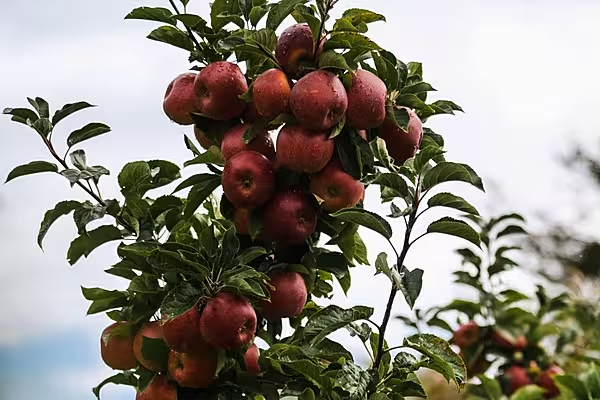Farmers planted genetically modified crops on 3.6 per cent more land last year as gains in the US and Brazil more than made up for declines in three of the top 10 nations using the technology.
A record 181.5 million hectares (448 million acres) of crops using biotechnology were grown last year, up from 175.2 million hectares in 2013, the International Service for the Acquisition of Agri-Biotech Applications said in a report today.
Biotech plantings in the US last year increased 3 million hectares, claiming 40 percent of the global market and outpacing a 1.9 million hectare gain in Brazil, which was the fastest-growing market in the prior five years. China, the sixth-biggest user of engineered crops, cut plantings by 0.4 million hectares because of high cotton inventories, with smaller declines in Argentina and South Africa, ISAAA said.
“These are marginal corrections due to factors other than biotechnology,” Clive James, ISAAA founder and author of the report, said by phone. “In the States, you had a record increase in soybean plantings, which contributed to the increase in biotech crops.”
In the European Union, where many nations oppose the technology, five countries led by Spain planted about 143,000 hectares of insect-resistant corn, down 3 percent from the prior year, according to ISAAA.
The European Union may plant more engineered seeds after an agreement this month allowed individual countries to ban the crops, potentially clearing the way for member nations that favor them to gain easier bloc-wide approval, James said.
“This is a very important decision in that it breaks up the logjam that has blocked everything in the European Union for many years,” James said.
A likely candidate for planting in the EU, particularly the UK and the Netherlands, are Innate potatoes from J.R. Simplot Co., he said. Innate potatoes bruise less and produce less potentially carcinogenic acrylamide during high-temperature cooking, with the second generation version also engineered to resist late blight, the cause of the Irish potato famine of the 1840s.
Engineered crops were planted in 28 countries last year with the addition of Bangladesh, which commercialized insect-resistant eggplant, also known as brinjal in Southeast Asia. Vietnam and Indonesia are poised to begin sowing biotech crops this year in what will be the twentieth year since they first became available in the US, ISAAA said.
Bloomberg News, edited by ESM














